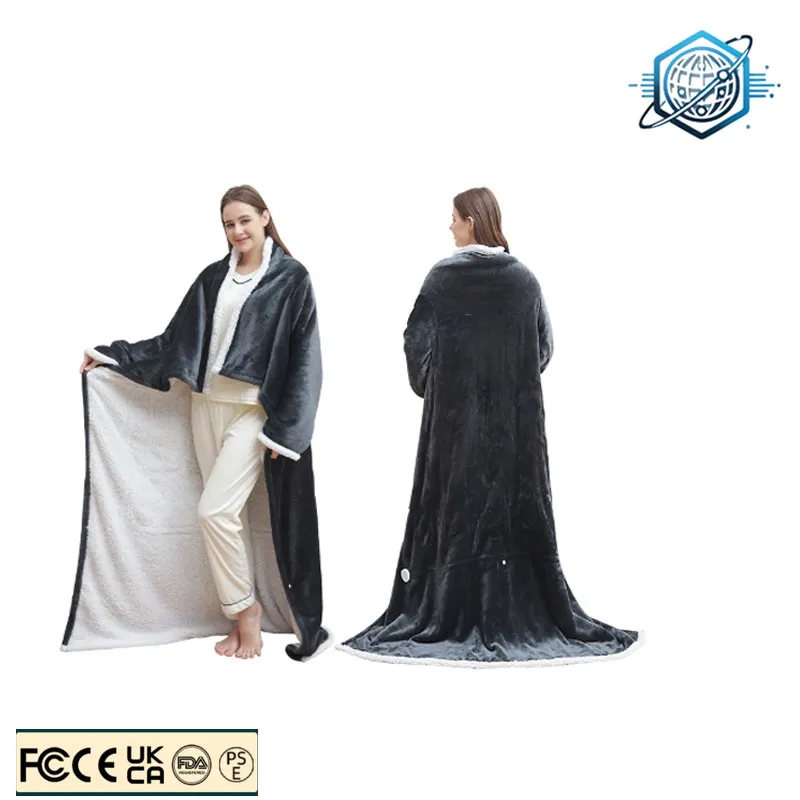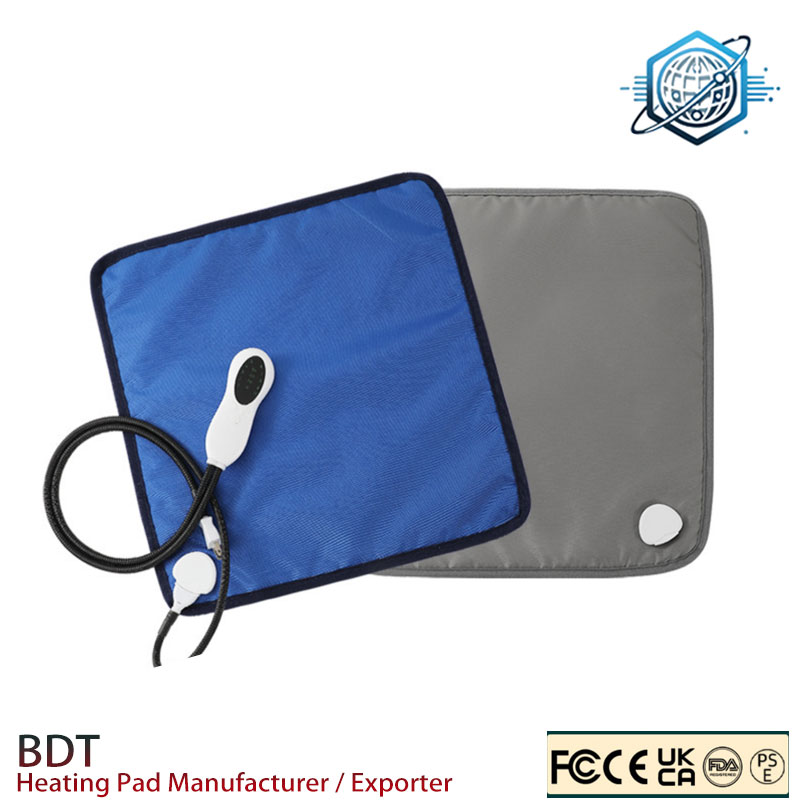Feb . 15, 2025 10:36 Back to list
pad for shoulder pain
Dealing with shoulder pain can be debilitating, affecting not just physical activities but also daily tasks and sleep quality. One effective way to alleviate this discomfort is through specialized pads designed for shoulder pain relief. These pads have gained traction due to their simplicity, effectiveness, and non-invasive nature, making them an excellent choice for many individuals seeking comfort.
An often-overlooked factor is the pad’s adjustability and fit. A pad that fits well can make a significant difference in pain relief effectiveness. Adjustable straps or customizable fit options enable the pad to stay in place and apply the appropriate amount of compression or support required for healing or pain alleviation. For enhanced comfort and usability, some shoulder pads incorporate advanced technologies such as vibration or massaging elements. These features can stimulate blood flow and provide a soothing massage, further aiding in relief from shoulder pain. Pads that include aromatherapy components or are infused with essential oils like lavender or eucalyptus offer an added layer of relaxation, leveraging scent to complement physical relief. Consulting with a healthcare professional before choosing a shoulder pad is advisable, especially for individuals with specific conditions like rotator cuff injuries or post-surgical recovery needs. A professional can provide guidance on the most suitable type of pad based on the condition's nature and severity, thereby optimizing the therapeutic benefits. Trustworthiness in a product translates to understanding the manufacturer's credibility. Opt for pads from brands that are known for medical or orthopedic supplies and that provide transparent information about their product’s efficacy and safety. Reviews and testimonials from other users who have a similar condition can offer valuable insights into the real-world effectiveness of the shoulder pad in question. Expert recommendations might also come from physiotherapists or orthopedic specialists who have hands-on experience assisting individuals with shoulder pain management. These experts often recommend shoulder pads as part of a broader plan, including exercises and ergonomic adjustments to prevent further injury and promote healing. In conclusion, a well-chosen shoulder pad can significantly enhance the quality of life for individuals suffering from shoulder pain. Whether for sports injuries, arthritis, or recovery from surgery, these pads offer a range of therapeutic options tailored to alleviating pain and supporting healing. When selected with care, they become a trustable ally in maintaining physical health and overall well-being.


An often-overlooked factor is the pad’s adjustability and fit. A pad that fits well can make a significant difference in pain relief effectiveness. Adjustable straps or customizable fit options enable the pad to stay in place and apply the appropriate amount of compression or support required for healing or pain alleviation. For enhanced comfort and usability, some shoulder pads incorporate advanced technologies such as vibration or massaging elements. These features can stimulate blood flow and provide a soothing massage, further aiding in relief from shoulder pain. Pads that include aromatherapy components or are infused with essential oils like lavender or eucalyptus offer an added layer of relaxation, leveraging scent to complement physical relief. Consulting with a healthcare professional before choosing a shoulder pad is advisable, especially for individuals with specific conditions like rotator cuff injuries or post-surgical recovery needs. A professional can provide guidance on the most suitable type of pad based on the condition's nature and severity, thereby optimizing the therapeutic benefits. Trustworthiness in a product translates to understanding the manufacturer's credibility. Opt for pads from brands that are known for medical or orthopedic supplies and that provide transparent information about their product’s efficacy and safety. Reviews and testimonials from other users who have a similar condition can offer valuable insights into the real-world effectiveness of the shoulder pad in question. Expert recommendations might also come from physiotherapists or orthopedic specialists who have hands-on experience assisting individuals with shoulder pain management. These experts often recommend shoulder pads as part of a broader plan, including exercises and ergonomic adjustments to prevent further injury and promote healing. In conclusion, a well-chosen shoulder pad can significantly enhance the quality of life for individuals suffering from shoulder pain. Whether for sports injuries, arthritis, or recovery from surgery, these pads offer a range of therapeutic options tailored to alleviating pain and supporting healing. When selected with care, they become a trustable ally in maintaining physical health and overall well-being.
Latest news
-
Precise Coagulation Blood Test Tubes
NewsJul.31,2025 -
High Quality Serum Separator Tubes for Precise Blood Sample Processing
NewsJul.30,2025 -
High-Quality Sodium Heparin Blood Collection Tubes for Accurate Results
NewsJul.30,2025 -
High-Quality Lithium Heparin Tube for Accurate Blood Collection
NewsJul.29,2025 -
High-Quality Sodium Heparin Blood Collection Tubes for Accurate Results
NewsJul.29,2025 -
Best Hot Heating Pad – Fast Relief, Soft & Versatile Options
NewsJul.29,2025














